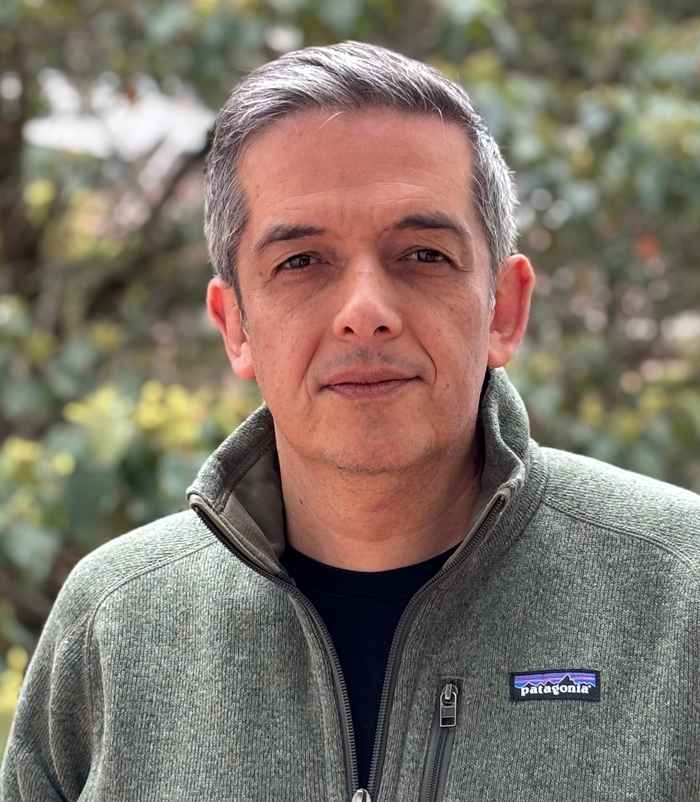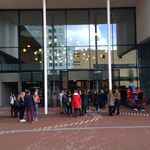Peace Agreements, Public Opinion, and Democracy: Lessons from the Colombian Case
Lunch talk by prof. Miguel García-Sánchez
- Date
- 12 December 2025
- Time
- 12:00 -13:30
- Room
- B2.01
The presentation will highlight how citizen attitudes toward peace are complex, multidimensional, evolve over time, and are shaped by elite discourse, political polarization, and expectations of future benefits derived from the agreement. Prof. García-Sánchez analyzes the 2016 Havana Peace Accord not merely as a conflict resolution mechanism but as a multidimensional public policy framework aimed at addressing structural democratic deficits.
Findings reveal that public support for negotiated solutions to armed conflict coexists with resistance to components related to democratic inclusivity and transitional justice. Similarly, it is shown that political elites and future expectations about the agreement (rather than experiences of violence) played a pivotal role in shaping public opinion toward the peace process.
In sum, the Colombian case offers broader insights into other peace agreements and into how public opinion interacts with major policy debates. It underscores the importance of understanding multidimensional citizen perspectives, the strategic simplification of complex issues by political actors, and the challenges posed by inclusivity in contemporary democracies. These findings contribute to comparative discussions on peacebuilding, democratic resilience, and the role of political elites in shaping public opinion.

About the speaker
Miguel García-Sánchez is a Professor of Political Science and Global Studies at Universidad de los Andes (Colombia) and Co-Director of the Observatorio de la Democracia at the same institution. He earned his Ph.D. in Political Science from the University of Pittsburgh. His research focuses on public opinion, particularly how social and political contexts shape citizens’ attitudes and behaviors. His most recent work bridges political behavior and peace and conflict studies to understand how citizens form opinions about peace agreements. Through the Observatorio de la Democracia, he has led multiple consultancies on topics such as police reform and the impact of local development programs linked to Colombia’s 2016 peace agreement.
He is a member of the Colombia Working Group at the Folke Bernadotte Academy and the Citizens in Peace Processes research network and serves on the Executive Committee of the Latin American Peace Science Society. His work has appeared in journals such as The Journal of Politics, Journal of Conflict Resolution, Journal of Peace Research, International Journal of Public Opinion Research, Journal of Development Studies, Latin American Politics and Society, Política y Gobierno, and Revista de Ciencia Política.
